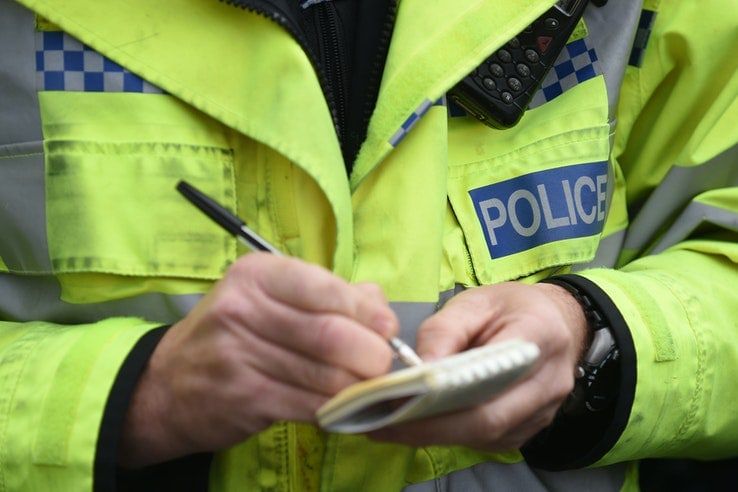
Police logged a record high number of sexual offences in Allerdale in the year to September, new figures show.
Charity Victim Support said the rise in sexual offences comes as victims’ faith in the criminal justice system is failing and urged the police and Crown Prosecution Service to do better and start delivering justice.
Office for National Statistics figures show Cumbria Constabulary recorded 358 sexual offences in Allerdale in the year to September – up from 280 during the previous 12 months and the highest since equivalent records began in the year to September 2007.
It follows a trend across England and Wales, as police forces logged a record 199,021 sex crimes in the year to September, up 17 per cent on the 12 months before. It was also up 22 per cent compared with the year ending March 2020, prior to the coronavirus pandemic – crime levels were greatly reduced during the lockdown periods.
Of these, 70,633 (35 per cent) were rapes – a 20 pe cent increase from the 59,104 recorded in the 12 months to March 2020.
Diana Fawcett, chief executive of Victim Support, said: “This huge rise in recorded sexual offences comes as the percentage of cases seeing justice has plummeted to an abysmal new low.
“Charges for rape and sexual offences have been falling sharply for the past six years – the system is in crisis. We are on a path to destroying victims’ faith in the criminal justice system all together.
“Police and the CPS have a duty to survivors who have experienced life-changing trauma – they must do better and start delivering justice.”
The ONS urged caution when interpreting the data on sexual offences, which could be affected by a number of factors including improvements in how police record crime as well as victims being more willing to come forward and report incidents in light of high-profile cases and campaigns.
Meghan Elkin, from the ONS, said police-recorded crime figures were a better indicator of police activity, rather than a reliable insight into crime trends.
Meanwhile, further ONS figures show the overall number of recorded crimes across the country remained below pre-pandemic levels.
The crime survey for England and Wales estimates 9.1 million offences were committed in the year to September – down 10 per cent on the 10.2 million committed in the year to March 2020, the last full year before the pandemic.
Police recorded figures, which only include the crimes logged by the police, show 5.5 million crimes (excluding fraud) were recorded in the year to September – 13 per cent up on the 4.9 million logged the year before.
In Allerdale, 7,777 crimes were recorded by police – up by 23 per cent on the 6,345 the year before.
Tiff Lynch, deputy national chair at the Police Federation of England and Wales, said the rise in crime meant the safety and welfare of police officers was at risk.
Ms Lynch said: “For the public to have the police they deserve, we must be able to retain the experienced officers we have and attract the talented and dedicated individuals we need by offering fair pay, staff levels that do not represent a threat to our officers, and ensure the kit and the support so desperately needed is provided.”
Minister for Policing, Crime and Fire Chris Philp said: “Overall crime in England and Wales has dropped by 50 per cent since 2010, excluding fraud and computer misuse, and since December 2019 there have been reductions in the number of burglaries, cases of serious violence and murder – which are all still lower than before the pandemic.
“But I am clear that there is much more to do, particularly to protect women and girls. We need to stop rapes from happening and put more predators behind bars. With huge efforts underway across the criminal justice system, we are now starting to see signs of improvement in the number of charges and prosecutions.
“We are also working hard to make our streets safer, on track to deliver the pledge to hire 20,000 extra police officers, and are injecting public funds into interventions that have been shown to work, reducing violent crime, taking out organised criminal gangs and quelling our streets of drugs and anti-social behaviour.”








